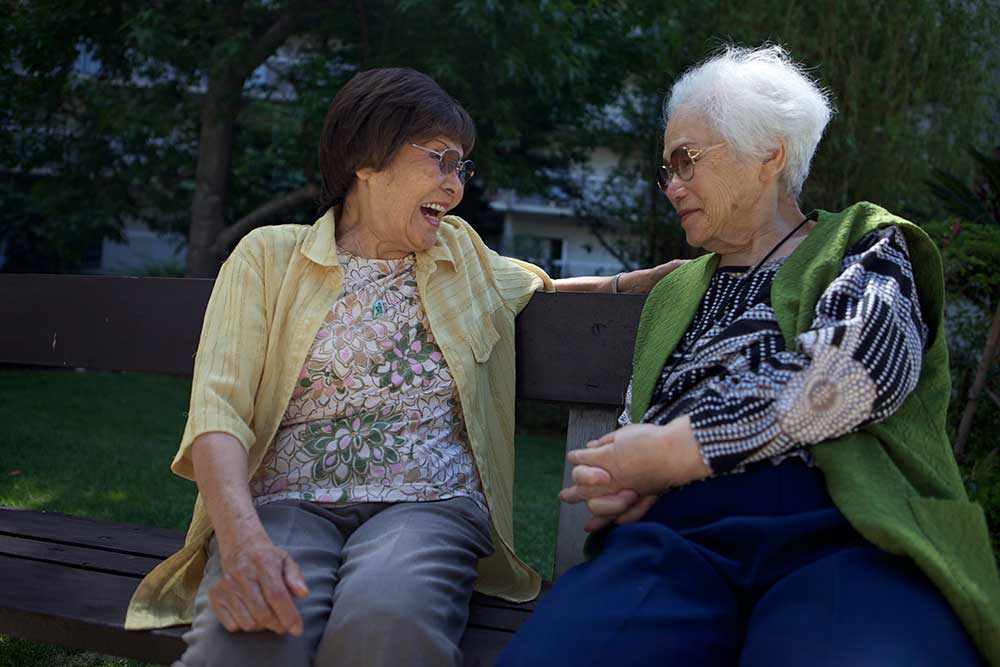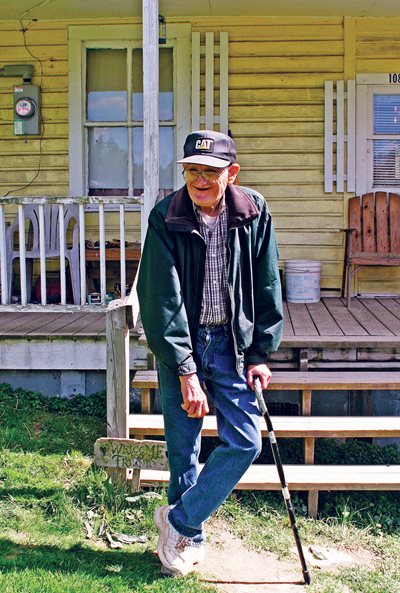It's often noted that older adults have the highest rate of homeownership. Almost 80 percent of those age 65 and older own their own home. This statistic presents a sense of stability and security for older adults, but it belies reality for many. A gentleman who regularly checks in at an affordable housing community (where I serve on the board) makes this vivid for me. While waiting for a unit to become available, this man lives in a dilapidated basement apartment with boarded up windows because it's all he can afford.

In 2016, approximately 9.7 million owner and renter households age 65 and older were housing cost burdened, meaning renters spent more than 30 percent of their incomes on housing. About half of that group spent at least 50 percent of their income on housing.
About one-quarter of all older adult owner households (6.1 million) and over one-half of all older adult rental households (3.6 million) are cost-burdened. This isn't too surprising when you know that half of all Medicare beneficiaries had incomes below $26,200 in 2016. Such economic trends are likely to continue as fewer older adults retire with defined benefit plans and many have limited savings.
With advancing age comes the likelihood of developing chronic illnesses and functional limitations, which research shows are more prevalent among people with lower incomes. Addressing one's health and social support needs is an added challenge for those struggling to pay for their housing. Analysis shows that older adults with housing cost burdens often make trade-offs with other important necessities like medicine and food.
In addition, many are not aware of or struggle to access important benefits and resources available in the community. Others are challenged to properly understand how to manage their myriad chronic health conditions and accompanying medications, and many have difficulties navigating complex healthcare and insurance systems.
 The work that LeadingAge members and NeighborWorks organizations are doing to create affordable housing and link residents with health and supportive services is one proven solution for supporting this vulnerable population.
The work that LeadingAge members and NeighborWorks organizations are doing to create affordable housing and link residents with health and supportive services is one proven solution for supporting this vulnerable population.
A recent evaluation of a housing plus services program provided by LeadingAge member Selfhelp Community Services found that residents living in affordable housing communities offering services had 33 percent fewer hospitalizations than a comparison group not receiving the support. Selfhelp's program is centered on a service coordinator who helps residents access public benefits and services in the community in addition to coordinating onsite health and wellness programs. Other evaluations have also found that onsite services can reduce use of high-cost health services like hospitals and emergency rooms and limit Medicare expenditures.
St. Mary Development Corporation, a member of both LeadingAge and NeighborWorks, is working to expand the supply of affordable housing and connect residents to critical services that will support residents' ability to safely age in their community. St. Mary is exploring opportunities with other housing organizations in Ohio to find mechanisms to partner with health care entities and expand service coordination to other housing communities across the state.
Partnering with health care entities to improve coordination for residents and expand resources for onsite service programs is not without its challenges. A recent LeadingAge report exploring potential financing mechanisms for supporting services in housing shows there is currently no clear funding method for broadly scaling housing plus services models. However, the healthcare delivery and payment landscape is evolving to recognize the kind of value that housing -based programs can provide. The work of St. Mary and its partners may help uncover a path for sustainable funding and inform housing and health collaboration.
Cross-sector partnerships like those of St. Mary and Selfhelp Community Services will be featured in New Orleans this summer at the NeighborWorks Training Institute symposium, "Closing the Life Expectancy Gap: Connecting Health, Home and Community." This symposium will strengthen the capacity of affordable housing providers to cultivate partnerships that will be mutually valuable to housing and healthcare providers. But most importantly, these partnerships will create opportunities for low-income older adults to lead the best life they can in their home and community.
05/30/2019

